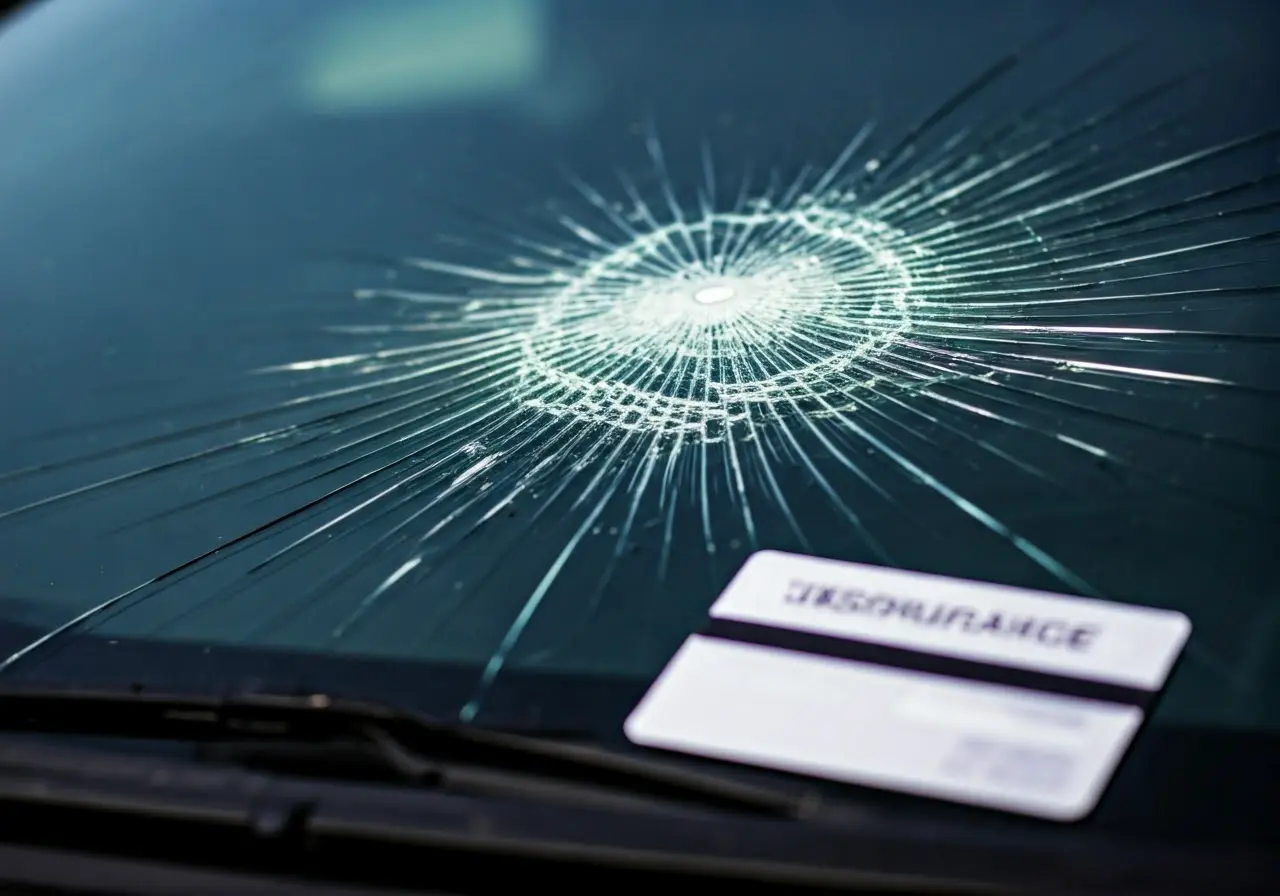Having a cracked or chipped windshield can be a headache, and getting it repaired or replaced can sometimes be costly. This is where insurance might come into play. In this FAQ, we’ll walk you through everything you need to know about whether your insurance covers windshield repair or replacement and how to navigate your policy.
Check Your Comprehensive Coverage
Start by reviewing your car insurance policy’s comprehensive coverage section. This part of your policy typically covers damages from incidents that aren’t collisions, such as natural disasters, theft, and yes—sometimes windshield damage.
It’s essential to note that comprehensive coverage varies among insurance providers. While one might offer full coverage for glass damage, another may include stipulations or exclusions. Therefore, carefully reading the fine print of your policy or speaking with an insurance representative can help clarify these details.
If your policy is unclear, reaching out to your insurer can help demystify ambiguities. Many companies offer detailed online resources explaining their coverage specifics, which can be a good starting point.
Determine Repair or Replacement Needs
Next, assess whether your windshield requires repair or a complete replacement. Minor chips and cracks often qualify for repair, which can be less costly than full replacement. Many insurance policies cover repairs at no cost.
For those minor imperfections, prompt action can prevent them from worsening. A small crack can develop into a significant issue if not addressed in time, leading to a full replacement which is often more expensive and time-consuming.
Deciding between repair or replacement can be daunting, but it largely depends on the size, depth, and location of the damage. Generally, if a crack extends over six inches or obstructs the driver’s direct line of sight, a replacement is necessary.
Understand Your Deductibles
Deductibles play a crucial role in determining out-of-pocket costs. Check if your policy has a deductible for windshield replacement and how it could affect your decision-making process. Some insurers offer policies with zero-deductible glass coverage.
Understanding the specifics of your deductible can significantly affect your financial planning when a windshield issue arises. With a high deductible, you might find that paying for small repairs out of pocket is more economical than filing a claim.
If you’re concerned about cost, check if you have supplemental glass coverage; it often covers repairs and replacements without a deductible.
Talk to Your Insurance Provider
When in doubt, contact your insurance provider. They can clarify your coverage details and guide you through the claims process if needed. Some companies might even directly coordinate repair services.
Many insurers provide a detailed FAQ and customer support to assist in such situations. Checking these resources or reaching out to a claims representative can expedite the process, ensuring you’re informed and prepared.
Don’t hesitate to ask your insurance agent about any doubts or concerns. They can guide you on approved service providers, claim submission processes, and expected time-frames for repairs or replacements.
Consider Glass Repair Shops Network
Many insurers have partnerships with specific glass repair shops. Using an approved shop might simplify the reimbursement process and ensure you get quality service without upfront payments.
Approved repair shops are often vetted for quality service and work adherence to insurer guidelines, meaning potentially fewer hassles for you. Plus, opting for a network provider often ensures that the paperwork and billing are handled efficiently, easing the repair process.
Looking beyond casual suggestions and opting for recommended shops means you’ll likely receive a warranty on work done. Ensure that any repair or replacement comes with a guarantee for peace of mind.
Summary: Navigating Insurance for Windshield Services
Understanding your insurance policy’s stance on windshield repair or replacement can save you time and money. Reviewing your comprehensive coverage and discussing options with your insurer will help you make informed decisions should your windshield need attention.



